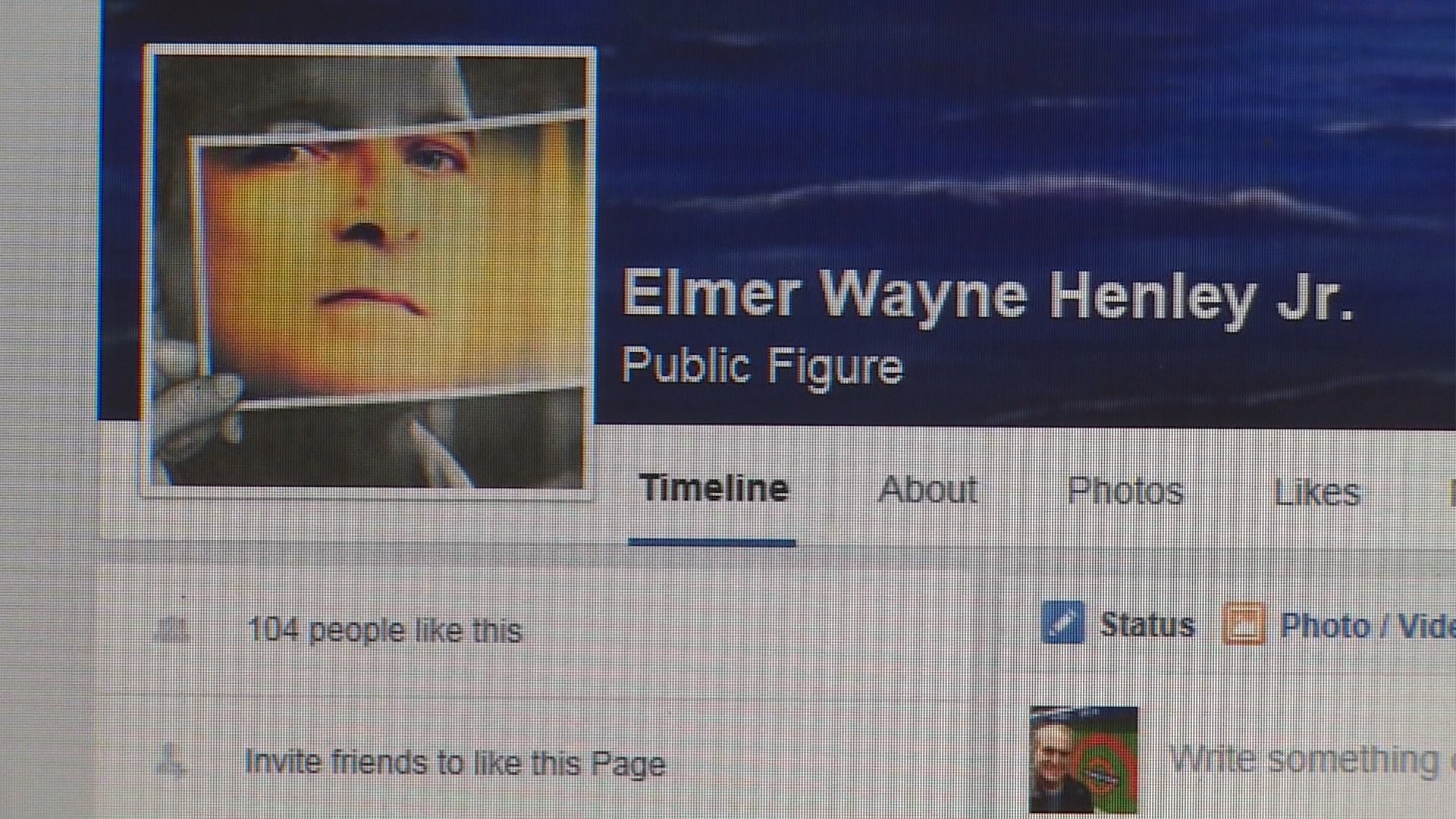Old film bearing grainy color images that haven't been shown on television in decades shows police and jail trustees engaged in a ghoulish undertaking.
With shovels and even a bulldozer, they unearth corpses of boys and young men buried in a boatshed on High Island. Sitting in the sand, two teenaged boys watch from a distance.
Elmer Wayne Henley and David Brooks had led police to the grave sites where they had dumped the bodies of some of the victims of Houston's worst serial murders. Just days earlier, Henley had shot and killed Dean Corll, a sadistic pedophile who led the two teenagers on a savage spree of murders in which at least 28 boys and young men had been sexually tortured and put to death in what became known as the Houston mass murders.
On the news film, a television reporter named Judd McIlvain walks toward the boys and tries to ask questions, but they quickly say they're not interested in talking.
Now, one of them is saying quite a lot, and it isn't clear how he's doing it.
Although he's lived in Texas prisons for more than 40 years, Houston's most notorious serial killer now has a Facebook page. Somehow, Elmer Wayne Henley, or somebody acting on his behalf, is apparently using social media to post messages and photographs on the Internet.
The web page also promotes sales of Henley's art and jewelry, which are sold on a separate website specializing in souvenirs from convicted killers. How much money Henley's works have generated and where the money is going isn't clear.
"What it does is it continues to give him infamy and immortality, which he richly doesn't deserve," said Andy Kahan, the city of Houston's victim rights advocate. "And for what? I mean, for the murder of at least 28 young boys?
"It makes him feel relevant. It makes him self-important. And it just keeps his name and his ideology out there."
The Henley Facebook page in many ways looks like any other page on the social media site, with candid photographs and comments attributed to the serial killer as well as correspondents sending him messages. Some of the photos show Henley lifting weights, others show his smiling face incorporated into images that make him look like Santa Claus or a space alien.
"Hatred is corrosive," says one comment attributed to Henley. "Whether it is hatred of things or others or even oneself. Hatred eats at your insides and rusts your soul. Turn from hatred and choose to see beauty and love."
It also includes a four-page, handwritten letter called "Doing Time," purportedly Henley's description of how he's learned to live in prison.
"I must always act and live in such a manner to repudiate my past and to highlight that I am more than that past," Henley writes. "I must take note of other's opinions and expectations of me and acknowledge their beliefs are valid only if I live down to them."
Jewelry displayed on the page show, among other artifacts, earrings that look like bloody razor blades. Visitors to the web page who ask where they can buy Henley's jewelry are directed to another site, where they can purchase paintings by Henley for up to $400.
"He's basically operating a business," Kahan said. "And that's what we're asking the Texas Department of Criminal Justice to investigate."
A sister of one of Henley's victims wrote state officials requesting an investigation into the circumstances surrounding the web page. A spokesman for the prison system said it has asked Facebook to take down the page.
"We've reached out to Facebook and told them that this is against their policies," said Jason Clark, a spokesman for the prison system. "Someone started it under his name."
Some of the remarks attributed to Henley, including specific details about events inside prisons, appear to be posted on a timely basis. Henley doesn't have access to the Internet, Clark said, although he's allowed to send letters through the mail.
A hint of how Henley's page is updated may come from a link on the page that connects to a recording of a telephone interview with him. That indicates he may be communicating by telephone with someone who's updating the page on his behalf.
"I highly doubt they're going to be able to take down the page," Kahan said. "The question, of course, is how's Henley getting his issues out there from point A to point B. If he's doing it by phone, perhaps they can restrict it."


